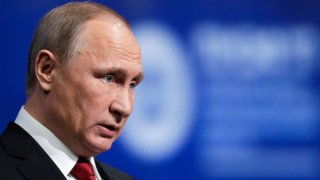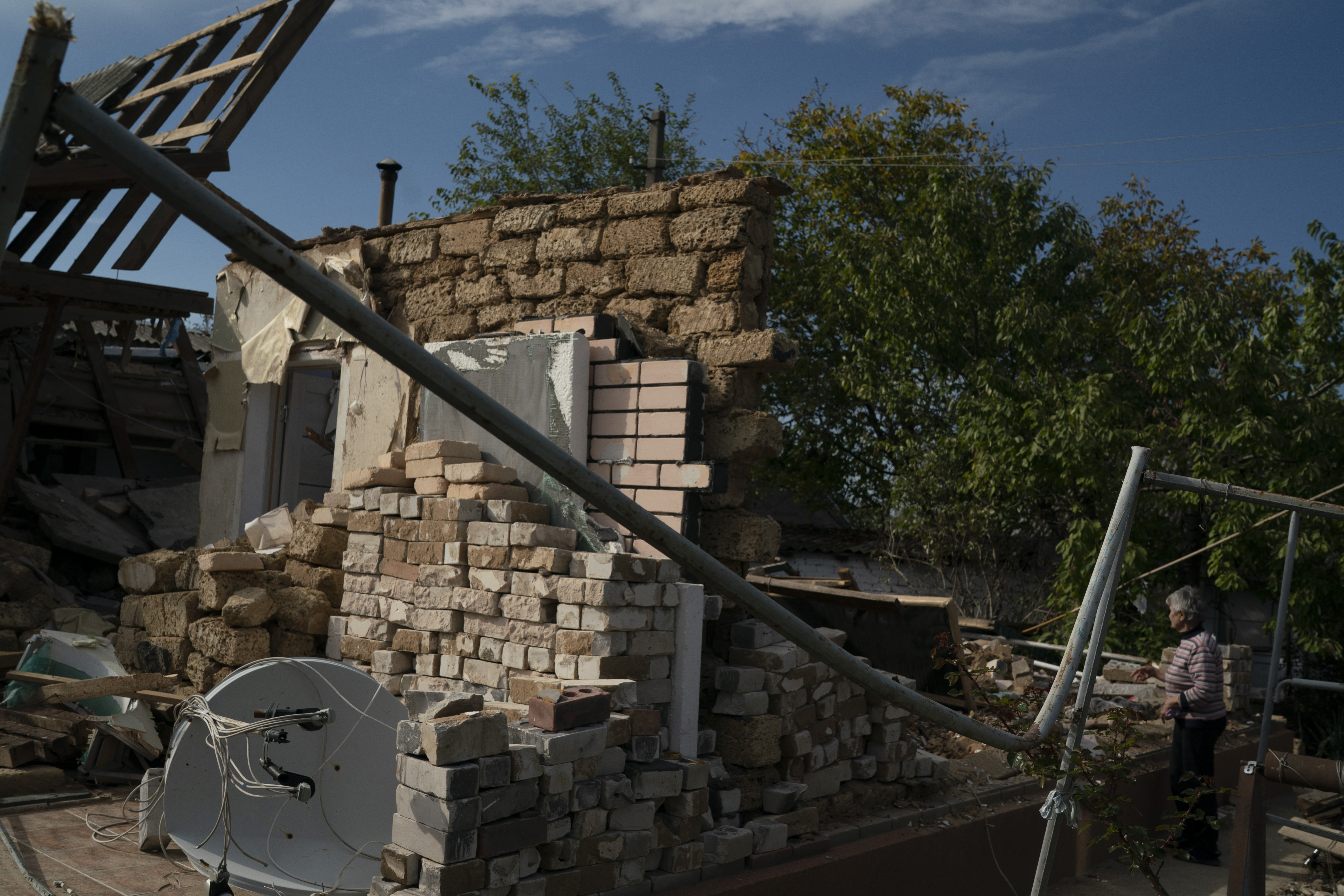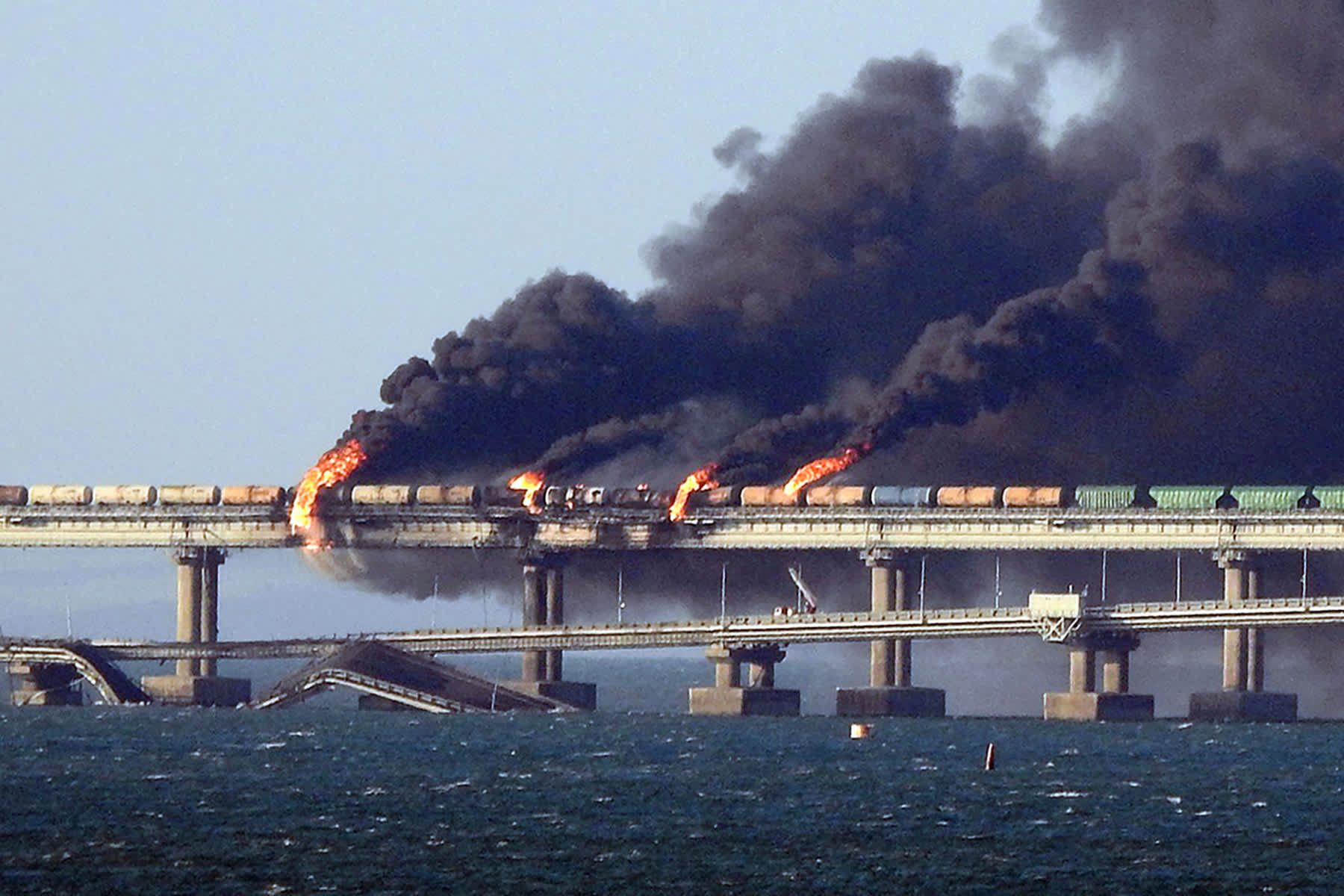
As Russian President Vladimir Putin continues to threaten using nuclear weapons in his war on Ukraine, local experts are weighing in on how likely he is to follow through with it.
Putin has indirectly threatened to use nuclear weapons over the last several months. In a televised speech in September, he announced a partial military mobilization and said he would "certainly use all the means at our disposal to protect Russia and our people." He added that he was not bluffing.
Harvard scholar Oleh Kotsyuba and Northeastern University professors Mai’a Cross and Pablo Calderon explained how likely nuclear escalation is during NBC10 Boston's, "Russia-Ukraine Q&A."
"It's often hard to predict what's going to happen going forward with Putin. I think he's certainly more desperate than he was before," Cross said. "And as evidence of this, he's starting up the nuclear saber rattling, and this has sparked a response from the U.S. and other countries as well. So there have been other points in this war in which the threat of nuclear weapons seems to be bigger. And this seems to be another high point in terms of that. There still hasn't been any sort of concrete move to to get the nuclear weapons ready in Russia, so I think that's at least a sign of hope. But still, it is less likely than it is likely that he would actually resort to that."
The White House has repeatedly said it takes Russia's threats of nuclear war seriously but does not see indications of a present threat. President Joe Biden on Thursday warned of the "prospect of Armageddon" if Russia were to use nuclear weapons. Experts approved of that approach.
"There have been other points in this war in which the threat of nuclear weapons seems to be bigger. And this seems to be another high point in terms of that."
Mai'a Cross, Northeastern University
"I think, to a great extent, particularly the U.S. has been taking the right approach and taking the threat of nuclear weapons seriously enough, but without necessarily panicking and escalating the conflict any further," Calderon said. "And I think that is the appropriate response."
Leaders of the Group of 7 met virtually Tuesday morning with Ukrainian President Volodymyr Zelenskyy and agreed they would continue to back the besieged country against Russian aggression for "as long as it takes." In a statement released after the meeting, G-7 leaders said Russia will face "severe consequences" if it uses chemical, biological or nuclear weapons.
Calderon said the use of nuclear weapons would warrant international denunciation.
"I think, if there were to be a use of a nuclear weapon, that would be the end for Vladimir Putin, right? Because certainly, I don't imagine China looking at it kindly, or certainly any of the countries in the world and it would pretty much finalize the alienation of Vladimir Putin and aversion of Russia and across the world," Calderon said.
Its vital that the West and other countries continue to support Ukraine as much as possible and press the Russian military back, the experts said.
"In total, I think that in order to end this war both the West and Ukrainians have to work in tandem. They have to support each other," Kotsyuba said. "I think unity is very important."



